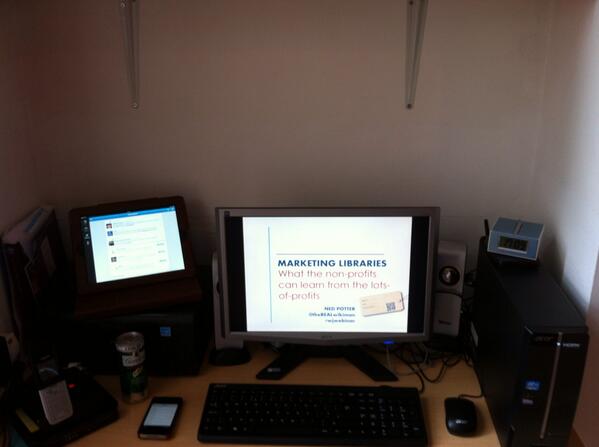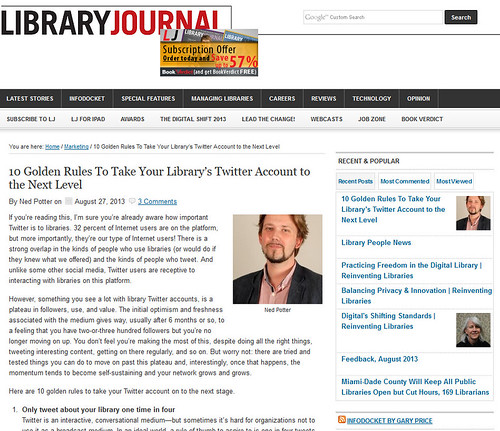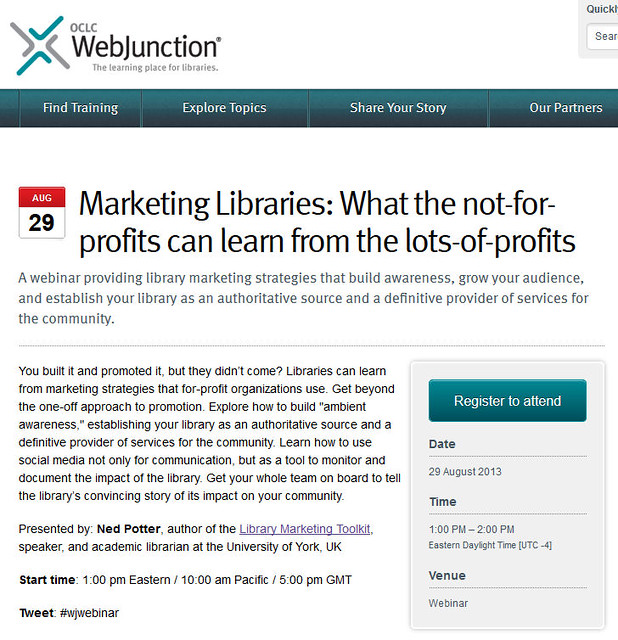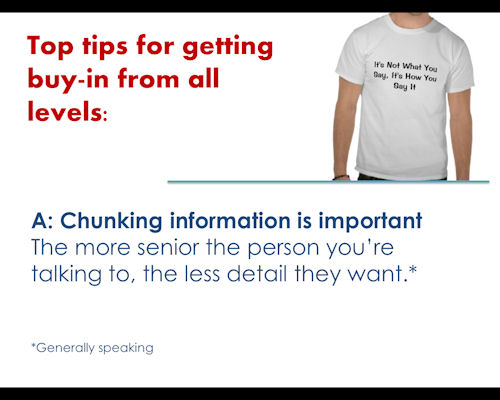This post is about 3 things: the Buy India a Library project and my talk about it, the Bettakultcha event I did the talk at, and the generally sound principle of talking about library-related things at events which aren't remotely library-related...
Bettakultcha is ACE
Bettakultcha is a brilliantly simple concept - a night devoted to presentations of 20 slides, 15 seconds a slide, on anything you feel passionately about, and NO PITCHES. The fact that this works at all - that such a flimsy concept consistently produces a brilliant evening of entertainment - makes you positively giddy with delight when you're part of one. People talking about their passions is pretty much ALWAYS interesting - even if the passion itself isn't overly interesting to anyone else, or the presenter isn't a natural speaker. It's a very supportive environment in which to public-speak. The talks are only 5 minutes long anyhow so you never get bored; I've enjoyed every talk I've seen at a Bettakultcha event. I've been entertained, moved, fascinated. It's quite an intimate thing, to talk about your passions to an audience of strangers (my previous Bettakultcha talk was about Captain Fitzroy of the Beagle, with whom I'm somewhat obsessed - normally people have to know me quite well before they get the delights of me discussing his tragic life at great length) and it means you get a connection with people, you effectively jump ahead in your relationship. I've met people at Bettakultchas who have become my friends, and who I keep in touch with not just online but in person too. Bettakultcha really is ace.
Here are a couple more talks from the event I recently attended in York - Paul Smith making his passion for coffee properly entertaining, and an amazing talk by a 14 year old on organ donation! Here's one I missed but I wished I'd seen - my friend Helen doing a completely silent presentation. There are musical talks, theatrical talks. Anything as long as it's not a pitch - often the simplest concepts result in the most creativity.
They run all over the North of England - if there's an event anywhere near you, I can't recommend it highly enough. Check out some other talks on YouTube, or search Twitter for the hashtag to find out more. The main website is here.
My #BuyaLib 20/20 talk
At the June Bettakultcha I gave a talk about Buy India A Library - it's all about how we crowd-sourced $4000 in 2 weeks in order to fund a Library build for a school in Mysore. Here's the talk:
As mentioned above the format of the talk was that you have 20 slides which each move on automatically after 15 seconds (often known as the Pecha Kucha format, which is probably what the phrase 'Betta Kultcha' is referencing, must ask the organisers) - in my experience the key to doing this type of talk is a: to practice it the day before and b: DO NOT WAIT FOR THE SLIDES! People slip-up in 20/20 style presentations when they stop talking - it's best to plough on with a narrative, and have the slides provide a complimentary narrative, in their own time, underneath...
The audience were much more responsive than I thought they'd be - it was a really fun talk to do.
(By the way, the librarian blogger I mention near the start was @jaffne - sorry not to credit you by name, Jaf!)
The Echo-Chamber Escape revisited
A couple of years back Laura Woods and I did a lot of talking and writing on the subject of librarians escaping the echo-chamber.
We've stopped now because quite honestly we got quite sick of our own thoughts and voices on the matter! But it's still an important concept - we need to write for non-librarian audiences, talk at non-library events, and generally get out there. It's fun, too.




